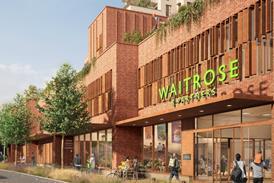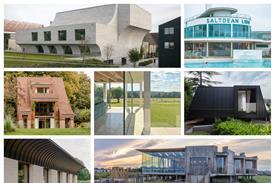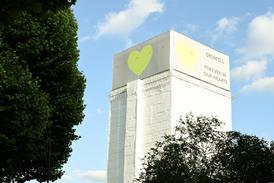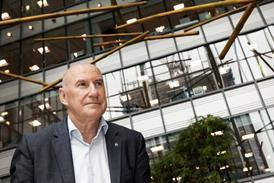Party confirms pledge to build 380,000 homes a year and would take a second look at HS2’s northern leg
The Liberal Democrats have confirmed their pledge to build 380,000 homes a year as the party published its manifesto ahead of the upcoming 4 July election.
The commitment has been in place since 2021 but was close to being dropped last year after a revolt of the party membership.
It would also see 150,000 social homes built each year and the construction of ten new garden cities across the UK.

Neighbourhood planning would be expanded, planning departments would be better funded and ‘use it or lose it’ rules would be put in place to force developers to build on sites which they own.
The 117-page document published this morning provides more details on a full range of policies which would be rolled out if the Liberal Democrats formed the next government, including on transport and net zero.
It includes proposals to offer free insulation and heat pumps for those on low incomes, expanding incentives for households to install solar panels and a boosted roll out of electric vehicle charging points.
All new homes would be required to be built at a zero-carbon standard with solar panels, and requirements for landlords to upgrade the energy efficiency of their homes to EPC C or above by 2028, scrapped by Rishi Sunak last year, would be reintroduced.
Councils would be allowed to buy land for housing based on current use value rather than on a hope-value basis by reforming the Land Compensation Act 1961.
Renewable power would generate 90% of the UK’s electricity by 2030, a slightly less ambitious version of Labour’s plan to make the grid entirely powered by renewable sources by the same date.
Current planning restrictions on solar and wind power would be removed, a ban would be placed on new coal mines and there would be investments in energy storage including for green hydrogen and battery capacity.
The National Infrastructure Commission would be required to fully take into account the environmental implications of all national infrastructure decisions, and tackling climate change would be put “at the heart” of a new industrial strategy.
On transport, the Lib Dems would review the Conservatives’ cancellation of the northern leg of HS2 to see if it could be built in a way that “provides value for money”, including with the use of private investment, or to identify a viable alternative.
The party committed to the Northern Powerhouse Rail scheme, which would connect northern cities, and work with councils to build light rail schemes.
A new body called the Railway Agency would be established to bring “wholesale reform of the broken fare system”, and a ten-year plan for the electrification of rail lines would be put in place.
But the party would put a moratorium on new airport expansions until a ‘national capacity and emissions management framework’ is in place, and would oppose expansions of Heathrow, Gatwick, Luton, Stansted or London City airports and any new airport in the Thames Estuary.
As part of its net zero plans, the party would increase the use of sustainable wood in construction and invest in new training and technologies such as modern methods of construction.
The Lib Dems currently stand fourth on the BBC’s poll tracker with around 10% of the vote, behind Reform on 13%, the Conservatives on 22% and Labour on 44%.
















No comments yet